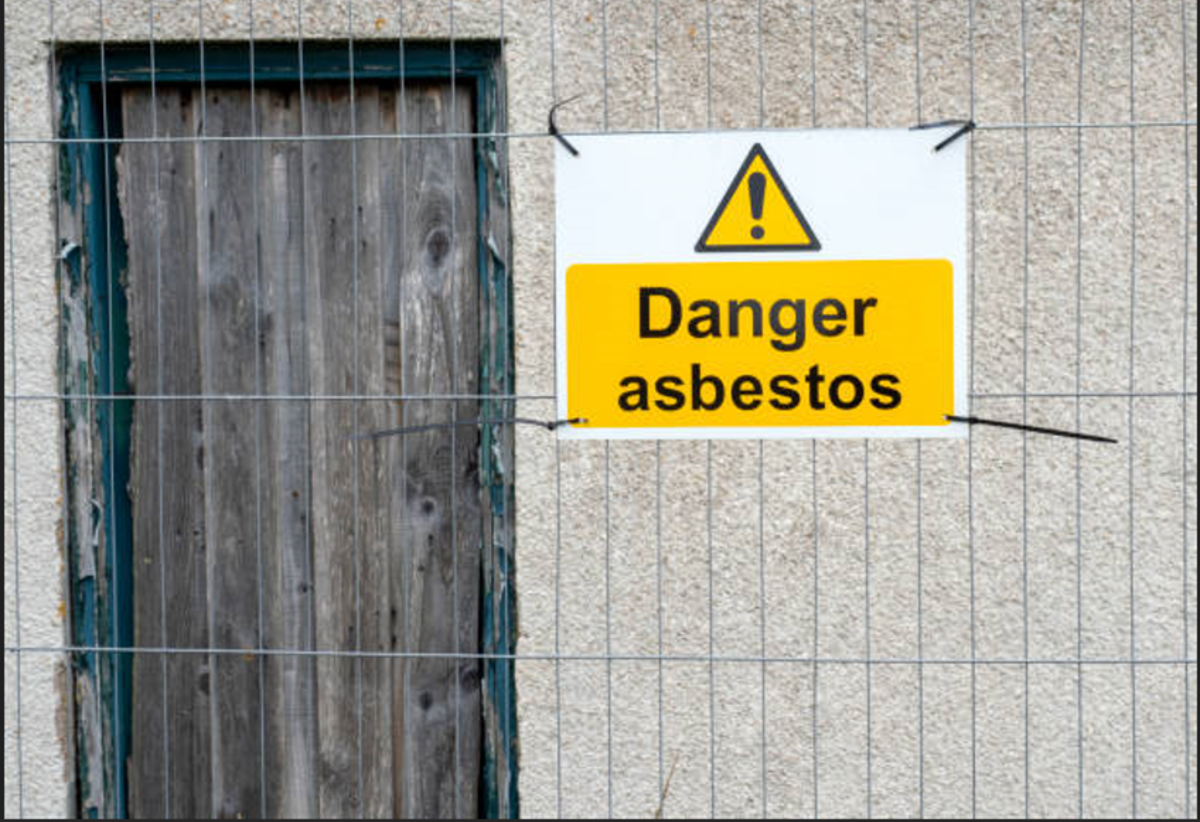You’ve probably seen Alec and Kaleb on your TV screen during commercial breaks, and their charm and personalities likely captured your attention. These two young boys have become the face of a series of heartwarming commercials for Shriners Hospitals for Children, raising awareness and funds for a great cause. But as their fame has grown, one question seems to pop up more often: Do Alec and Kaleb Get Paid for Commercials.
Let’s break down the answers to this question while diving deeper into their roles, Shriners Hospitals, and the ethical side of paying children for their involvement in charity commercials.
Who Are Alec and Kaleb?
Alec Cabacungan: The Spokesperson
Alec Cabacungan is perhaps the more well-known face, as he has been in commercials for Shriners Hospitals for several years. Born with osteogenesis imperfecta, also known as brittle bone disease, Alec has been a patient at Shriners Hospitals since he was young. His radiant personality and confidence have made him the perfect spokesperson for the organization. He’s not only a face on television; Alec also advocates for kids with disabilities, making his story all the more inspiring.
Kaleb-Wolf De Melo Torres: The Adorable Co-Star
Kaleb-Wolf De Melo Torres is another young patient featured in the commercials. Born with a condition called arthrogryposis, Kaleb has undergone numerous surgeries at Shriners Hospitals. His bubbly energy and infectious smile have made him a fan favorite. Together, Alec and Kaleb have helped spread awareness about Shriners Hospitals’ incredible work, particularly for children with specialized medical needs.
Shriners Hospitals for Children: A Brief Overview
What Is Shriners Hospitals for Children?
Shriners Hospitals for Children is a network of 22 non-profit medical facilities across North America. They provide care to children with orthopedic conditions, burns, spinal cord injuries, and other serious medical issues, often at no cost to the families. The organization relies heavily on donations, and its television commercials, featuring Alec, Kaleb, and other patients, are a vital part of their fundraising efforts.
The Role of Commercials in Fundraising
The commercials that Alec and Kaleb star in are essential to raising awareness and funds for Shriners. They highlight the hospital’s mission and services, telling the personal stories of patients. It’s hard not to feel moved when you see the genuine happiness and gratitude in the eyes of these kids, which is why the commercials have been so successful in generating support.
Do Alec and Kaleb Get Paid for Their Commercials?
The Big Question: Payment for Charitable Work?
Now, let’s tackle the elephant in the room: Do Alec and Kaleb get paid for their participation in these commercials?
While there is no official public disclosure from Shriners Hospitals about whether Alec, Kaleb, or other child spokespeople are compensated, it’s important to consider the nature of these commercials. These ads are for a non-profit organization, and the focus is on raising funds to help children in need, which adds a layer of complexity when it comes to payment.
Non-Profit Organizations and Child Spokespeople
Non-profit organizations, such as Shriners Hospitals, are primarily focused on allocating their resources to support their charitable missions. This often means that their spokespeople, especially children, may not receive traditional payment for their appearances. Instead, their involvement is seen as part of their personal journey, helping others who are in similar situations.
That said, there’s a possibility that Alec and Kaleb may receive other forms of compensation, such as stipends or scholarships, to support their futures. However, these details are rarely made public to protect the privacy of the children and their families. The focus remains on the charity’s cause rather than the compensation of those involved.
Why Payment Might Not Be the Focus
Ethical Considerations
When children are involved in non-profit work, ethical concerns always come into play. Shriners Hospitals for Children might prioritize the well-being and future of their child spokespeople over traditional payment structures. Involving children in charity campaigns raises questions about exploitation, which is why the organization likely ensures that Alec and Kaleb’s involvement is voluntary and that they and their families understand the impact of their participation.
The Value of Being a Public Figure for a Cause
Beyond potential monetary compensation, Alec and Kaleb benefit in ways that are less tangible but equally important. Being the face of such a well-known organization allows them to raise awareness for causes that directly affect their lives and the lives of others. This kind of experience can lead to future opportunities in public speaking, advocacy, or even media.
Alec, for example, has been able to speak at various public events and has become somewhat of a celebrity within certain circles. The life skills, confidence, and connections he’s gained from being in the public eye are invaluable and can pave the way for future success.
The Impact of Alec and Kaleb’s Roles on Shriners Hospitals
Successful Fundraising Campaigns
It’s undeniable that Alec and Kaleb have played a huge role in the success of Shriners Hospitals’ fundraising campaigns. Their stories humanize the hospital’s mission and provide a real-life testament to the impact of donations. People are more likely to donate when they can put a face to a cause, and Alec and Kaleb are the perfect representatives.
Personal Connection to the Cause
Alec and Kaleb are not just actors; they are actual patients who have benefited from the services of Shriners Hospitals. Their authenticity shines through in every commercial, making it clear that they genuinely believe in the hospital’s mission. This personal connection makes their roles even more impactful.
The Debate Around Payment in Charity Work
Should Child Spokespeople Be Paid?
The debate around whether children like Alec and Kaleb should be paid for their work in charity commercials is not new. Some argue that, like any job in the entertainment industry, child spokespeople should be compensated for their time and effort. After all, filming commercials, making appearances, and representing an organization takes time and energy.
On the other hand, there’s the argument that since these commercials are for a non-profit cause, the focus should remain on the mission, and any payment might detract from the message. Additionally, since Alec and Kaleb are actual patients, their participation could be seen more as advocacy rather than employment.
The Potential for Scholarships or Long-Term Benefits
As mentioned earlier, while direct payment might not be the focus, Alec and Kaleb may be compensated in ways that benefit them in the long term. Scholarships or educational funds are common ways that organizations like Shriners Hospitals can give back to the children who help them in their campaigns. This ensures that the children’s futures are secure without overshadowing the charitable mission of the commercials.
Conclusion: What We Know and What Remains Private
While there’s no public confirmation about whether Alec and Kaleb receive direct financial compensation for their roles in Shriners Hospitals commercials, it’s clear that they are both incredibly passionate about the cause they represent. Whether they are paid or not, their contributions have had a profound impact on the hospital’s ability to raise awareness and funds.
In the end, what matters most is the life-changing work that Shriners Hospitals for Children continues to do, and Alec and Kaleb are proud ambassadors of that mission. Their involvement is a powerful reminder of how personal stories can inspire people to give, regardless of whether money is exchanged behind the scenes.













